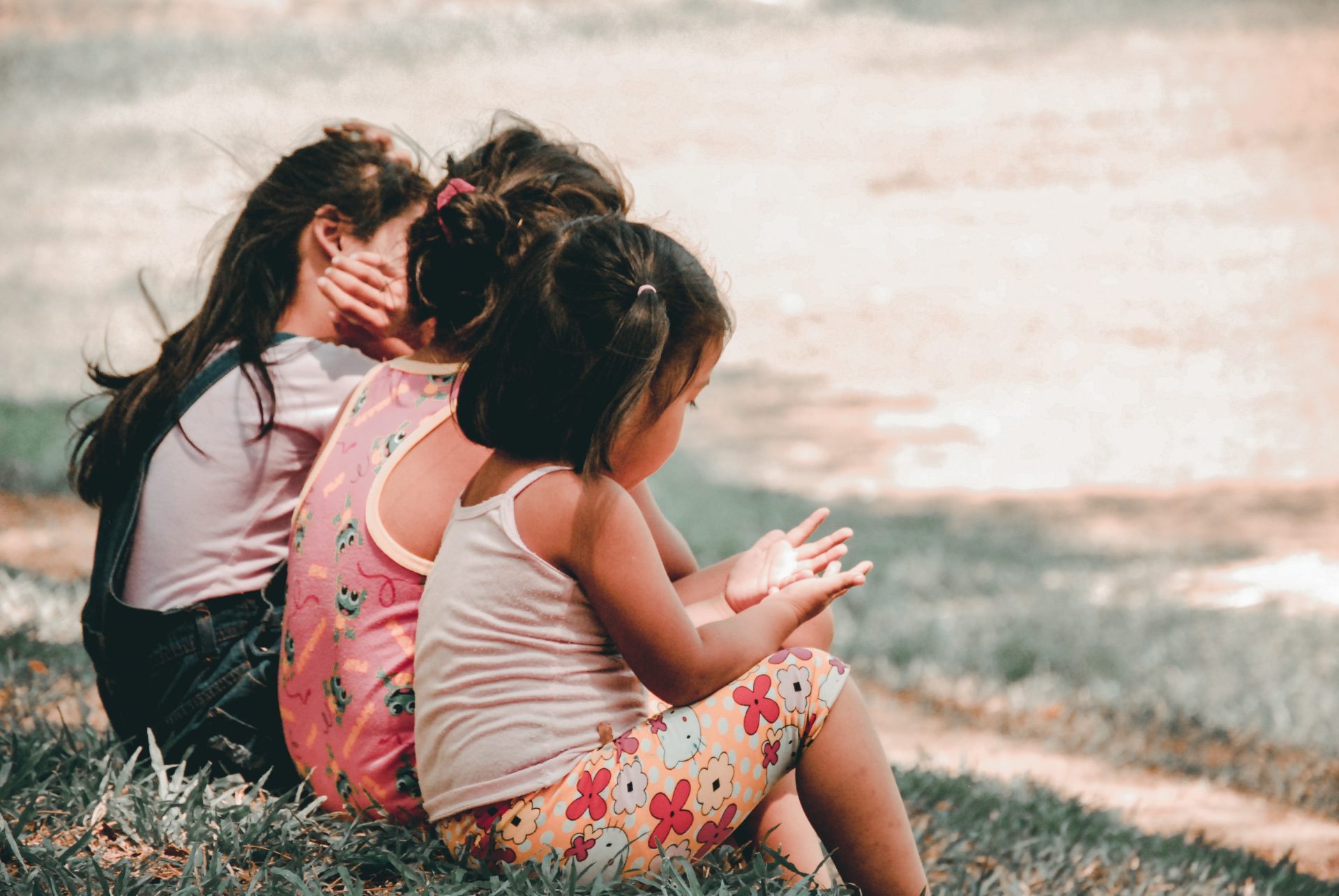Discovering Better Ways to Discipline
When we talk about teaching our kids right from wrong, we often think of using physical punishment as a way to discipline them. This happens both at home and in schools, especially in certain countries like Pakistan. We believe that punishing our children physically will teach them a lesson, send a message, and make them understand the consequences of their actions. But have you ever wondered if physical punishment really achieves all of these goals?
Surprisingly, research tells us that physical punishment has its limits. It’s not actually very effective in helping children develop good behaviors or stopping bad ones. Specifically, we’re talking about physical punishment, which includes things like spanking, hitting, slapping, kicking, or punching. Let’s be clear, though—we’re not discussing child abuse here.
Undesirable Consequences for Children
Children who experience moderate to severe spanking are more likely to face negative outcomes. These include becoming more aggressive, behaving badly at home and school, getting lower grades, struggling to control impulsive behavior as they grow older, facing more mental health problems as kids and adults, and having more health issues as adults.
Believe it or not, adults who were regularly spanked during their childhood tend to have shorter lives and a higher risk of heart disease, cancer, and chronic respiratory diseases compared to those who were rarely or never spanked when they were growing up.
We don’t completely understand why these physical health consequences occur, but it seems that the ongoing stress caused by harsh punishment can have long-lasting effects on a child’s immune system.
Embracing More Effective Approaches
It’s essential for parents and caregivers to be aware of these findings and reconsider using physical punishment as a way to discipline their kids. There are better, more effective, and kinder alternatives to encourage good behavior and address behavioral problems in children. By focusing on open communication, setting clear expectations, offering guidance, and using positive reinforcement, we can create a happier and healthier environment for our children to grow and thrive.
Teaching Essential Life Skills
Equipping our children with problem-solving skills, effective communication techniques, and empathy empowers them to navigate challenges and conflicts in a healthy and respectful manner. Prioritizing their emotional well-being and teaching essential life skills contribute to their overall development as responsible, compassionate individuals.
In conclusion, it’s important to recognize the limitations of physical punishment and embrace more effective ways of disciplining our children. By fostering open communication, using positive reinforcement, and teaching essential life skills, we can create an environment that promotes their well-being and sets them up for success. Together, let’s strive to raise a generation of responsible, caring individuals who can positively contribute to the world around them.

Leave a Reply